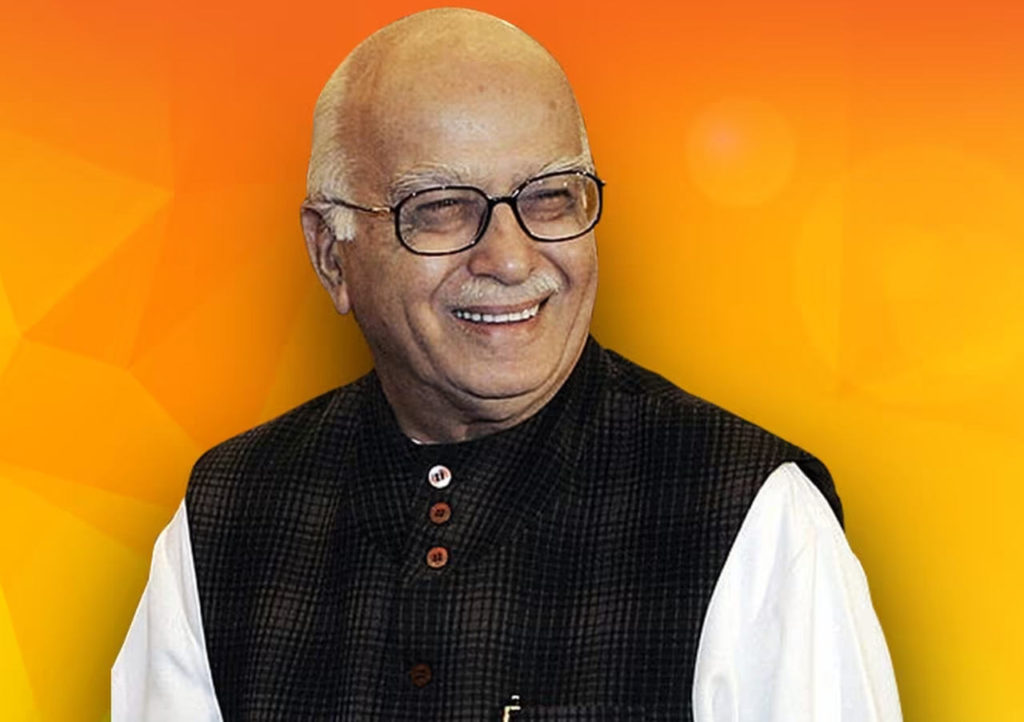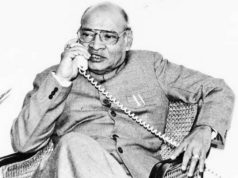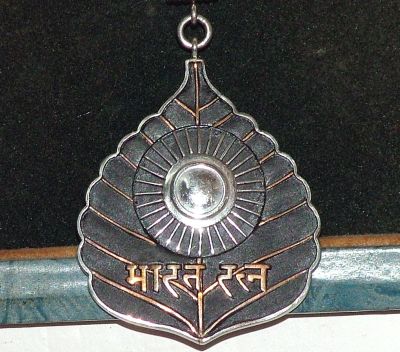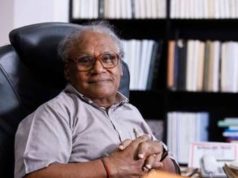In a momentous announcement, Prime Minister Narendra Modi has revealed that Lal Krishna Advani, a stalwart in the Bharatiya Janata Party (BJP) and former Deputy Prime Minister, is set to be honoured with the prestigious Bharat Ratna. This highest civilian award recognizes Advani’s profound contributions to Indian politics, marking a historical acknowledgement of his enduring impact on the nation.
Born on November 8, 1927, in pre-Partition Sindh, LK Advani’s political journey has been characterized by unwavering commitment and leadership. Inspired to join the Rashtriya Swayamsevak Sangh (RSS) at the age of fourteen during his schooling at St. Patrick’s School in Karachi, Advani’s commitment to national service began early.
Following the partition in 1947, Advani migrated to Delhi and became an integral part of the Jana Sangh, the precursor to the BJP, in 1951. His political ascent saw him elected as president of Bharatiya Jana Sangh in December 1972 and later appointed as the information and broadcasting minister in the Janata Party in 1975 under Prime Minister Morarji Desai.
Alongside Atal Bihari Vajpayee, Advani played a pivotal role in the formation of the BJP in 1980, marking a significant turning point in Indian politics. His leadership gained prominence during the Ram Janmabhoomi movement in the 1990s, advocating for the construction of an Ayodhya Ram Mandir.
Advani’s illustrious political career saw him serve as the Deputy Prime Minister and Home Minister during the National Democratic Alliance (NDA) rule under Atal Bihari Vajpayee. His parliamentary career, which began in 1970 with his election to the Rajya Sabha, continued with victories in Lok Sabha elections from New Delhi in 1989 and Gandhinagar in Gujarat in 1991.
Despite opting to represent Gandhinagar, Advani continued to secure victories in subsequent elections, with his last electoral triumph in 2014 from the same Gandhinagar seat. Over the years, he has been recognized as a leader who set standards of authenticity in Indian politics, tirelessly fighting for issues related to the country, culture, and its people.
Prime Minister Modi, in announcing the Bharat Ratna for Advani, lauded his decades-long service marked by an unwavering commitment to transparency and integrity. Union Home Minister Amit Shah echoed these sentiments, expressing happiness over the recognition, stating that Advani’s immense contribution towards the party and ideology cannot be summed up in words.
In recent years, health issues have led Advani to take a step back from active political engagements. However, the conferment of the Bharat Ratna on this political luminary serves as a fitting tribute to a lifetime dedicated to serving the nation and propelling the BJP to national reckoning.
Know More about LK Advani
Early Years and Jana Sangh Leadership (1941-70): Advani joined the RSS in 1941 at the age of fourteen, becoming a full-time worker and serving as the secretary of the Karachi unit in 1947. Post-partition, he worked as a pracharak in Rajasthan until 1952. Advani’s association with the Bharatiya Jana Sangh (BJS) began in 1951, where he held various leadership positions and served as the chairman of the Delhi Metropolitan Council (DMC) from 1967 to 1970.
Parliamentary Journey and Janata Party Days (1971-75): In 1970, Advani entered the Rajya Sabha from Delhi, marking the beginning of his parliamentary career. He assumed the presidency of BJS in 1973. During the Emergency, he played a crucial role in the formation of the Janata Party, and in the 1977 elections, he became the Minister of Information and Broadcasting under Prime Minister Morarji Desai.
Formation of BJP and Ayodhya Movement (1981-89): In 1980, Advani, along with others, quit the Janata Party and founded the Bharatiya Janata Party (BJP). His leadership saw a shift towards Hindutva ideology, and he played a pivotal role in the Ram Janmabhoomi movement during the 1990s. The BJP’s support for the Ayodhya dispute became a key element of their 1989 election manifesto.
Rath Yatras and Rise of BJP (1990-97): Advani’s Rath Yatras, especially the Ram Rath Yatra in 1990, galvanized support for the BJP. In 1992, the Babri Masjid was demolished, leading to Advani facing allegations, though he was acquitted in 2020. The BJP became the single largest party in the 1996 elections, but the government collapsed after thirteen days. The 1998 and 1999 elections saw the BJP returning to power, with Advani as Home Minister and later Deputy Prime Minister.
Leader of Opposition and Prime Ministerial Candidacy (2004-09): Post the 2004 defeat, Advani assumed the role of Leader of Opposition. In 2009, the BJP failed to regain the power under his leadership. Despite this, he continued to be a prominent figure in the BJP, elected as the working chairman of the National Democratic Alliance in 2010.
Later Years and Padma Vibhushan (2009-15): Advani’s political journey continued, with his sixth term in Lok Sabha in 2014. He later joined the Marg Darshak Mandal of the BJP. Rath Yatras remained a significant part of his political strategy, aimed at unifying the Hindutva ideology.
Positions Held (1967-2014)
Advani’s illustrious career saw him in various roles, including Chairman of the Metropolitan Council in Delhi, President of BJS and BJP, Union Cabinet Minister, Leader of the Opposition, and Deputy Prime Minister.
In recent times, health issues have led Advani to take a step back from active political engagements. However, the conferment of the Bharat Ratna on this political luminary serves as a fitting tribute to a lifetime dedicated to serving the nation and propelling the BJP to national reckoning.








